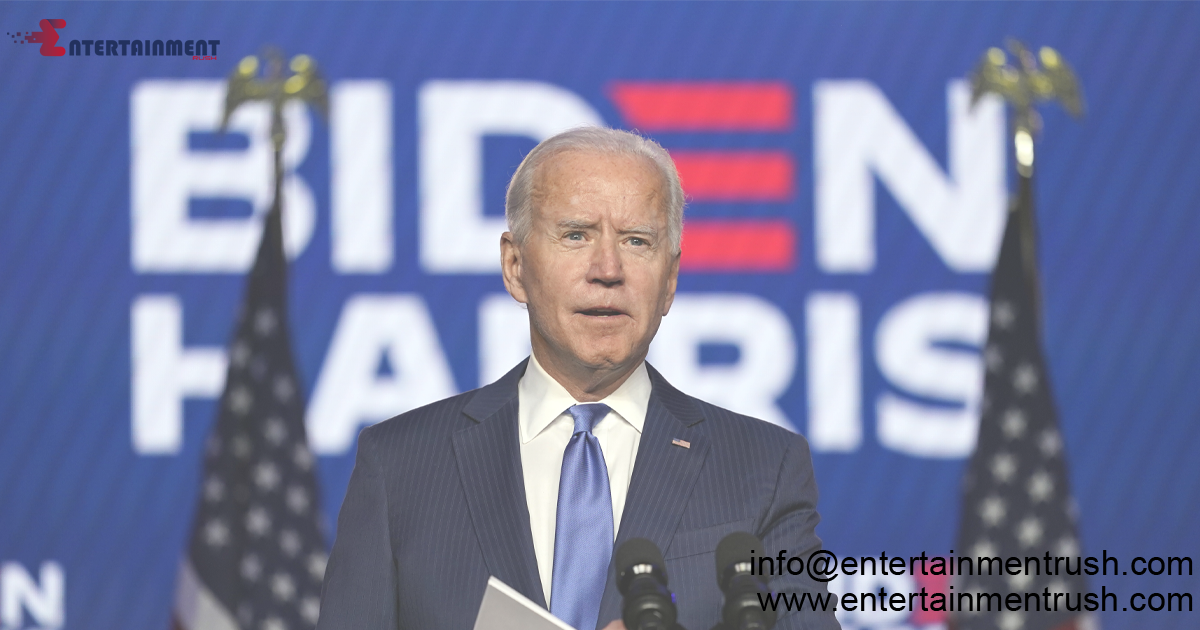The recent enactment of a yearlong funding ban by the United States for a United Nations agency supporting Palestinian refugees marks a significant policy shift with far-reaching implications. This blog delves into the details of this decision, its impact on the agency and Palestinian refugees, as well as the broader geopolitical context surrounding the Israel-Palestine conflict.
Understanding the UN Relief and Works Agency (UNRWA)
The United Nations Relief and Works Agency for Palestine Refugees in the Near East (UNRWA) was established in 1949 to provide humanitarian aid, education, healthcare, and social services to Palestinian refugees displaced by the 1948 Arab-Israeli conflict. It operates in Gaza, the West Bank, Jordan, Lebanon, and Syria, serving millions of Palestinian refugees.
The US Funding Ban: What Does It Mean?
The yearlong funding ban imposed by the United States on UNRWA is a significant blow to the agency’s operations and its ability to provide essential services to Palestinian refugees. This decision, announced by the Biden administration, suspends approximately $150 million in aid that would have been allocated to UNRWA.
Reasons Behind the Funding Ban
The rationale behind the funding ban revolves around concerns about UNRWA’s management and accountability. The Biden administration cited the need for a thorough review of the agency’s operations, finances, and effectiveness in delivering aid to Palestinian refugees. Additionally, there have been accusations of anti-Israel bias within UNRWA, raising questions about the neutrality of its operations.
Impact on UNRWA and Palestinian Refugees
The funding ban poses significant challenges for UNRWA, which relies heavily on contributions from donor countries to sustain its operations. The loss of US funding, one of the agency’s largest contributors, jeopardizes vital programs such as education, healthcare, and emergency relief for Palestinian refugees. This could have dire consequences for the well-being and livelihoods of millions of individuals who rely on UNRWA’s services.
Global Reactions and Concerns
The US decision to withhold funding from UNRWA has sparked reactions from the international community, with many expressing concerns about the humanitarian implications. Human rights organizations and advocacy groups have raised alarms about the potential impact on the most vulnerable Palestinian refugees, particularly children, women, and the elderly.
Geopolitical Context: Israel-Palestine Conflict Dynamics
The funding ban for UNRWA must be viewed within the broader context of the Israel-Palestine conflict. The ongoing conflict, marked by decades of political tensions and violence, has resulted in the displacement of millions of Palestinians. UNRWA plays a crucial role in providing essential services to these refugees and has been a lifeline for many in the absence of a comprehensive peace agreement.
US Policy Shifts: From Trump to Biden Administration
The decision to impose a yearlong funding ban on UNRWA represents a notable shift in US policy towards the Israel-Palestine conflict. Under the Trump administration, there was a complete cessation of US funding to UNRWA, aligning with a broader policy approach that favored Israeli interests. The Biden administration’s move to review and suspend funding reflects a more nuanced stance, emphasizing accountability and effectiveness in aid distribution.
Calls for International Support and Solidarity
In the wake of the funding ban, there have been calls for increased international support and solidarity with UNRWA and Palestinian refugees. Many countries and organizations have pledged to step up their contributions to fill the gap left by the US funding withdrawal. The importance of maintaining crucial humanitarian aid for vulnerable populations has been emphasized as a shared responsibility of the global community.
Looking Ahead: Uncertainties and Hopes
As UNRWA grapples with the challenges posed by the funding ban, uncertainties loom over the future of its operations and the well-being of Palestinian refugees. The agency will need to navigate this difficult period, reassess its programs, and seek alternative sources of funding to continue its vital work. Meanwhile, the broader quest for a lasting peace and resolution to the Israel-Palestine conflict remains a distant yet crucial goal.
Conclusion: A Critical Juncture for Humanitarian Aid
The yearlong funding ban imposed by the United States on UNRWA represents a critical juncture for humanitarian aid to Palestinian refugees. The decision underscores the complexities of the Israel-Palestine conflict, the challenges faced by aid organizations, and the urgent need for international solidarity. As UNRWA seeks to weather this storm and continue its mission of providing essential services to those in need, the global community must stand united in support of vulnerable populations. The plight of Palestinian refugees demands attention, compassion, and a concerted effort to ensure their basic rights and dignity are upheld in the face of adversity.




Leave feedback about this